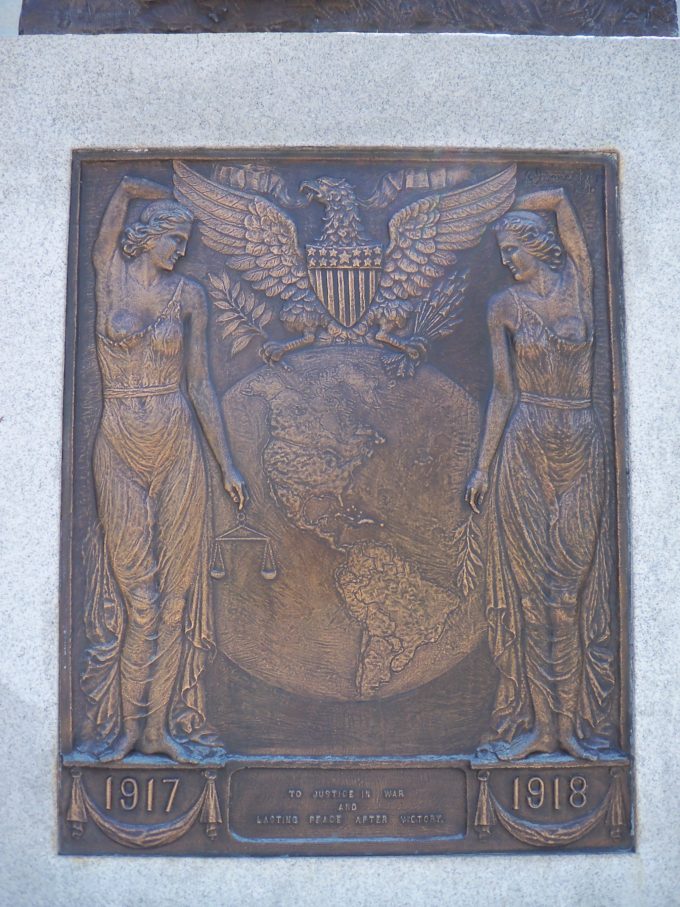
Tuesday, 17 December 2019
Now
“If the righteous one is scarcely saved,
Where will the ungodly and the sinner appear?” 1 Peter 4:18
Peter now explains his words concerning judgment beginning at the house of God. The house of God means those who have come to Christ. They have an imputed righteousness which covers their sins. However, there will still be a judgment for reward and loss. In this, the things which are of no value will be burned up (see 1 Corinthians 3:11-15). As Paul says there, and as Peter agrees with here, “If anyone’s work is burned, he will suffer loss; but he himself will be saved, yet so as through fire.”
In complete agreement with Paul, Peter says, “If the righteous one is scarcely saved…”
Peter’s words are a direct quote, word for word, from the Greek translation of Proverbs 11:31. The Hebrew version reads –
“If the righteous will be recompensed on the earth,
How much more the ungodly and the sinner.”
Paul says that in the judgment there will be loss, “but he himself will be saved.” Peter says that “the righteous one is scarcely saved.” What does being “scarcely saved” mean? It means he is…? Anyone? Yes, you get an A+! He is “saved.” The doctrine of eternal salvation is, once again, explicitly taught in both Paul’s and Peter’s words. There is no verse which says a person will go from being “in Christ” to “out of Christ.” Once one is in Christ, they are covered in Christ. He has moved from Adam to Christ and the change is complete. He is deemed “righteous.” From that point on, he is saved.
In contrast to this being “scarcely saved,” Peter then says that if this is so, “Where will the ungodly and the sinner appear?” Here, there are two terms, almost being used synonymously. First are the “ungodly.” The word signifies “lacking due respect.” It is a person who doesn’t care about God, and he shuns him in his life’s walk. The second is the “sinner.” This is a person who misses the mark God has set out for salvation. He falls short of God’s approving standard and is never converted from his state. He remains in fallen Adam.
So, the question is asked, “Where will these type of people appear?” The answer is, “The ungodly and the sinner will appear for judgment leading not to salvation, but to condemnation.” The thought is obvious on the surface. In theology, 1+1 will inevitably equal 2.
A person who is a sinner is a person who has his sins imputed to him. A person who is not a sinner does not mean he will not sin, but that his sin is no longer imputed to him. Paul speaks of such a person in Romans 4:8 and 5:13. He further speaks of him in 2 Corinthians 5:19. In Christ, God is no longer imputing trespasses to the people who have come to Him. Rather, those who come to Christ “become the righteousness of God in Him” (2 Corinthians 5:21).
Life application: What is implied here is that there is a fixed and firm standard of righteousness and ungodliness. This standard wasn’t unknown to either Solomon, who recorded the proverb or Peter who used it. They both speak with the knowledge that “the righteous” are in one category and the “ungodly and the sinner” are in another. If they speak in this manner, then they must know what the dividing line is. As both of these men participated in the Day of Atonement ritual, they would certainly have reasoned out that their righteousness didn’t come from them. If it did, they wouldn’t have needed a Day of Atonement at all.
Peter, unlike Solomon, saw the fulfillment of the Day of Atonement in the Person of Jesus Christ. He understood that the righteousness of God is imputed, not through the blood of bulls and goats, but through the substitutionary death of Jesus Christ. Jesus is the propitiation for our sins and is the dividing line of righteousness the Bible records.
If you have called on Jesus as Lord (see Romans 10:9, 10), you will be saved (even if “scarcely” due to a failure to grow in sanctification). If you are trusting in anything else under the heavens for your righteousness, you will appear – not in heaven and God’s glorious presence – but in hell and eternally separated from the goodness which was offered to you as a gift. Choose life, choose heaven…choose Christ!
Lord, we know that in us is nothing good, but through Jesus we are declared righteous. Thank You for canceling our infinitely large debt and covering us with His righteousness. Thank You for the garments of white that He alone has given us. Glory to You, O God – thank You for Jesus! Amen.




